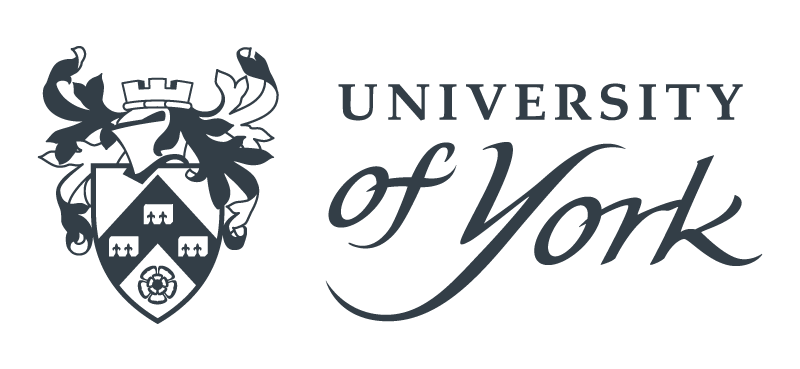Remote working manager guidance
Considerations in advance of meeting your staff
The following points should be considered prior to meeting with staff:
Maintaining a vibrant campus
It is important to balance staff needs and preferences with the critical need for maintaining a collaborative University community. The Remote Working policy indicates, for all staff regardless of working hours, a minimum expectation of at least one day per week on average is spent working on the University campus.
Departmental expectations
Within Departments and across Faculties, it is likely that management discussions will have taken place about the duties performed by team members and where they are best placed to be performed from and when. This will provide a broad framework that works for the department while at the same time supports equity and fairness in decision making.
What can be done remotely
Examples of duties that can, in the main, be performed remotely include:
- administrative activity
- work related reading and written work
- desk based research
- certain technical support
- one-to-one meetings between manager and staff
- elements of academic supervision
- some meetings (eg cascading information)
What cannot be done remotely
Examples of duties that may be performed better, or can only be performed, whilst on campus include:
- manual and practical tasks such as grounds maintenance
- cleaning and laboratory work
- collaborative and creative meetings
- some specific one-to-one meetings between manager and staff member eg PDRs
- face-to-face teaching and other student interaction
- some types of research
- hosting campus tours
- capturing promotional content i.e. videos on campus
- delivering or receiving some types of training
These examples are designed to be guides and are not an exhaustive list.
Health and Wellbeing
Staff member wellbeing is a key consideration. We know many people have found remote working detrimental to their mental health and wellbeing, whilst others have experienced positive impacts. Where appropriate, managers may choose to draw from specific recent examples that have been experienced by the staff member to reflect on during the meeting.
Methods of Communication
Effective communication is key to the success of a flexible workforce. Communications should be considered from both a managerial and staff member perspective.
Departments will likely have established formal and informal communication channels. Managers should clearly articulate the arrangements to staff to ensure a good level of understanding and consistency in how to communicate with each other and how they can contribute to meetings and discussions.
What is expected from staff should be made clear in terms of how they can be contacted, for example using various technology that allows real time contact to be made (Zoom Phone, Google Meet, Slack etc) and affording calendar access to colleagues.
Managers should discuss the frequency and methods of communication between manager and individual, as well as between individuals and wider stakeholders. Discussion around how communication on a more social level could be maintained is also encouraged, recognising the positive impact this has on staff morale and team cohesion.
The feeling of being part of a wider, cohesive team and being well informed through effective communication is important from a health and wellbeing perspective. Managers are encouraged to consider suggestions made by staff as to how this can be realised and explore how any potential issues regarding communication can be addressed.
Consider how any communication issues previously raised by your staff might be addressed.
Requests and considerations
Line Managers may wish to encourage staff to complete the remote working agreement form to capture individual requests and considerations. Alternatively, managers may choose to ask their staff members to email requests or populate a departmental created form/ questionnaire for example.
At minimum, a discussion will take place either as part of the normal one-to-one process or a more focussed meeting where any identified issues and solutions can be explored.
There will be many situations where this more focussed meeting is not required and therefore the 'line manager' section of the form is not necessary, for example where the request and decision making is straightforward, the request can be approved via email.
However, where a meeting would be beneficial, the benefits of using the form include that it sets out the key considerations and can help the flow of the discussion, it serves as a record of the discussion for both parties and can help with continuity when there are staff or management changes.
On receipt of the form, and prior to the meeting, the manager should:
- think carefully about the request and any potential benefits/impact of the proposed way of working;
- make any necessary initial enquiries as to how this request might be accommodated i.e. assess other team members' working patterns, the nature of the work the individual carries out (duties and responsibilities), meeting schedules and requirements
